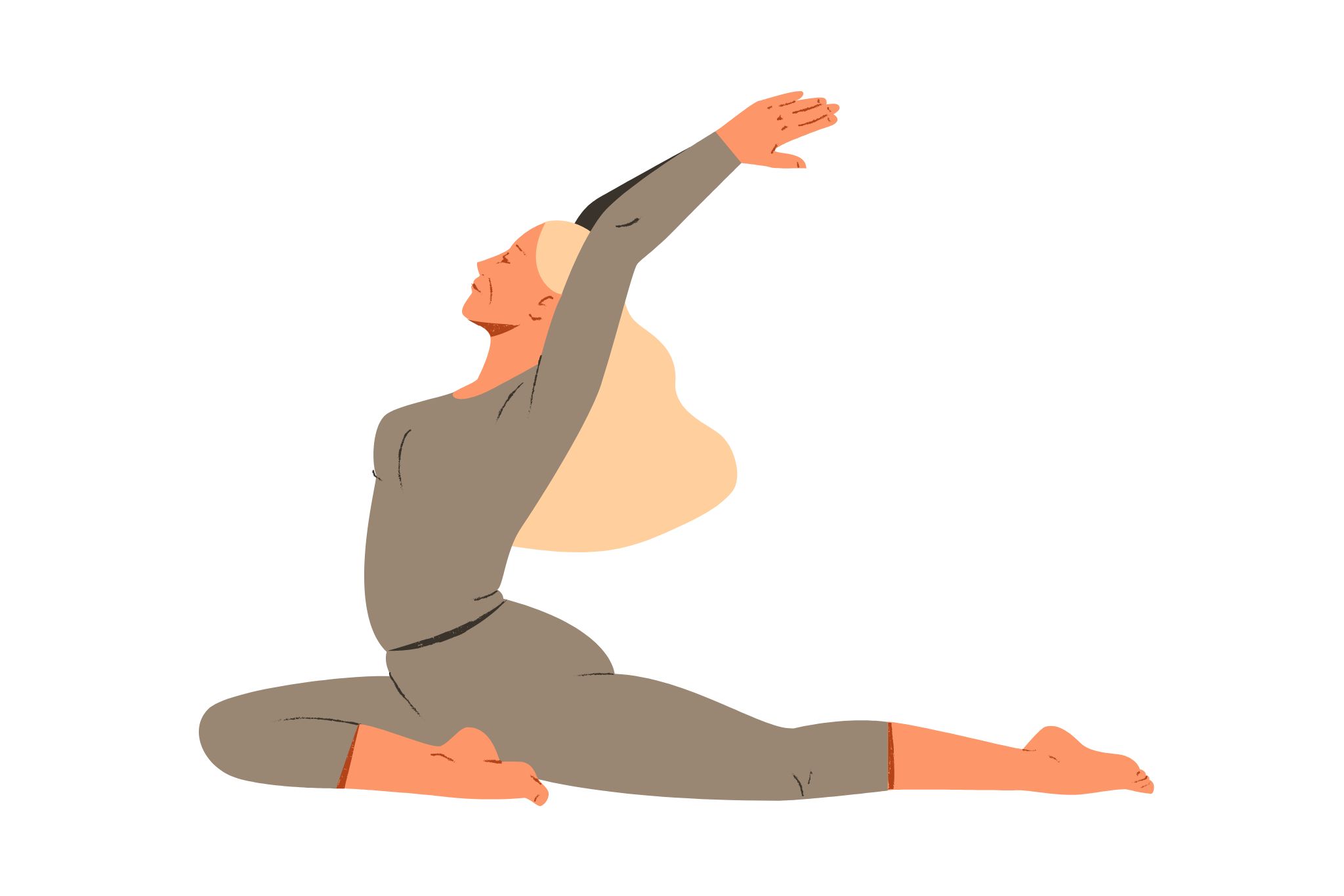Depression, a prevalent mental health issue affecting millions worldwide, is often accompanied by feelings of sadness, hopelessness, and lack of motivation. While traditional treatments such as therapy and medication are effective for many individuals, alternative methods like fitness and exercise have gained attention for their potential to complement existing approaches.
In this article, we’ll explore the relationship between fitness and depression and how incorporating physical activity into one’s routine may offer relief.
Understanding the Link between Fitness and Mental Health
Physical activity has long been recognized for its numerous health benefits, including improving cardiovascular health, boosting mood, and reducing stress.
When it comes to depression, exercise can be particularly beneficial due to its ability to stimulate the production of endorphins – chemicals in the brain that act as natural painkillers and mood elevators.
Additionally, regular exercise can enhance the brain’s sensitivity to serotonin and norepinephrine, neurotransmitters that play a crucial role in regulating mood.
Do This One Unusual 10-Minute Trick Before Work To Melt Away 15+ Pounds of Belly Fat
The Science Behind Exercise and Mood Enhancement
Studies have consistently shown a positive correlation between physical activity and mental well-being. In a meta-analysis published in the Journal of Psychiatric Research, researchers found that individuals who engaged in regular exercise experienced a significant reduction in depressive symptoms compared to those who did not.
Furthermore, the benefits of exercise were comparable to those of antidepressant medications, highlighting the therapeutic potential of physical activity in managing depression.
Incorporating Fitness into Your Routine
The thought of starting an exercise regimen may seem daunting, especially for those struggling with depression.
However, it’s essential to remember that any form of physical activity – whether it’s walking, swimming, or yoga – can have a positive impact on mental health. Start small and gradually increase the duration and intensity of your workouts as you build confidence and stamina.
Finding Motivation and Support
One of the challenges of managing depression is finding the motivation to stay active. Surrounding yourself with a supportive network of friends, family, or a fitness community can provide encouragement and accountability.
Consider joining group exercise classes or participating in outdoor activities with loved ones to make fitness more enjoyable and sustainable.
Conclusion
While fitness alone may not be a cure for depression, incorporating regular exercise into your routine can be a valuable tool in managing symptoms and improving overall well-being.
Whether it’s a brisk walk in the park or a high-intensity workout at the gym, finding activities that you enjoy and that fit your lifestyle is key to long-term success. If you or someone you know is struggling with depression, consider exploring the benefits of fitness as part of a comprehensive treatment plan.
For more insightful articles on mental health and wellness, be sure to check out our blog. Together, we can navigate the journey toward better mental health and a happier, more fulfilling life.




